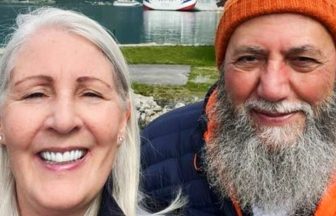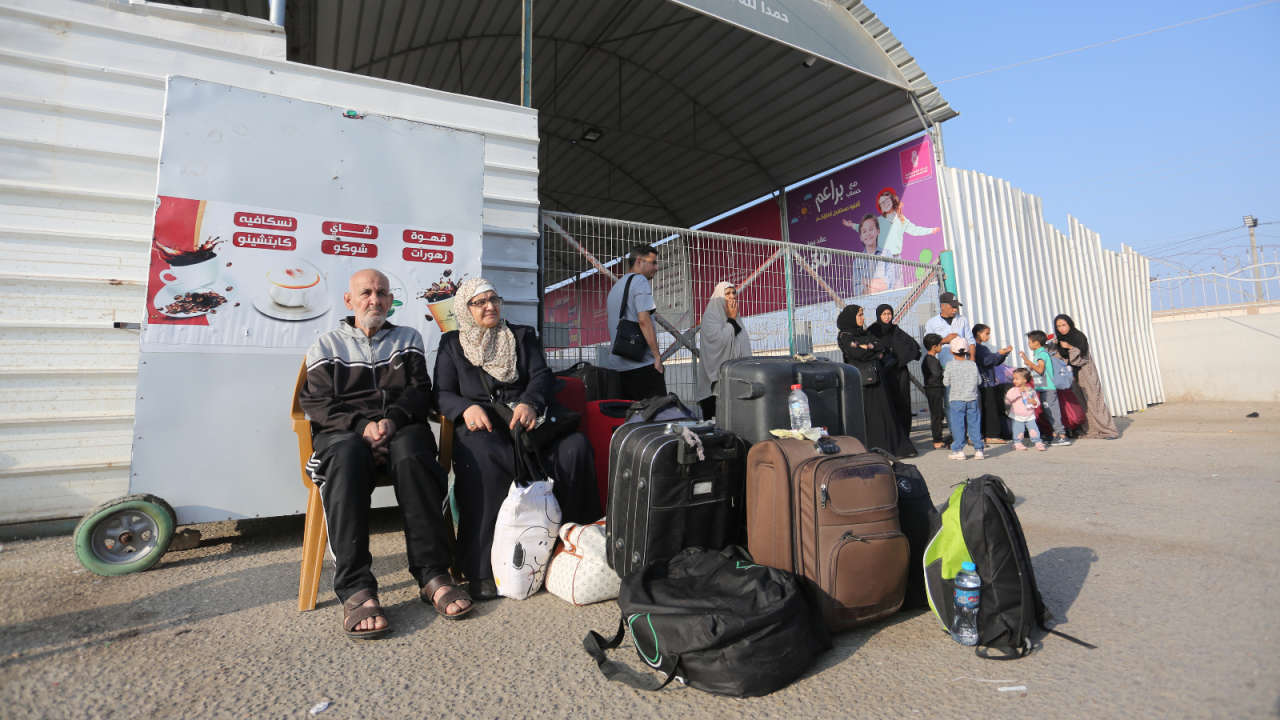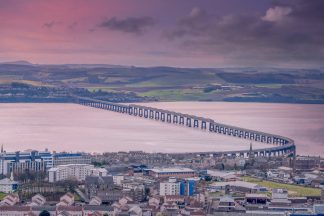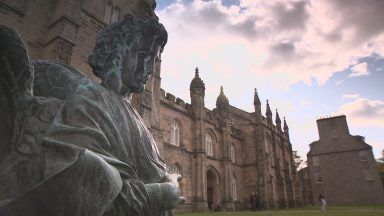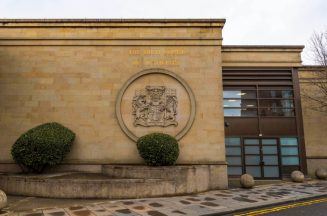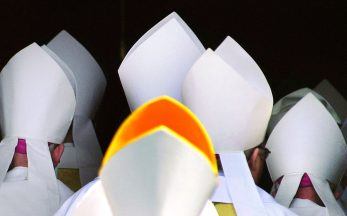The family of Scotland’s First Minister and other UK nationals are not currently on the list of those who can leave Gaza as the Rafah crossing is set to open.
There are thought to be around 200 British citizens in Gaza amid heavy bombardment and ground offensives by Israel.
Dozens of people have been seen entering the Rafah border crossing between Egypt and Gaza after it opened on Wednesday.
A statement from the Foreign Office said it understands the crossing will be “open for controlled and time-limited periods to allow specific groups of foreign nationals and the seriously wounded to leave”.
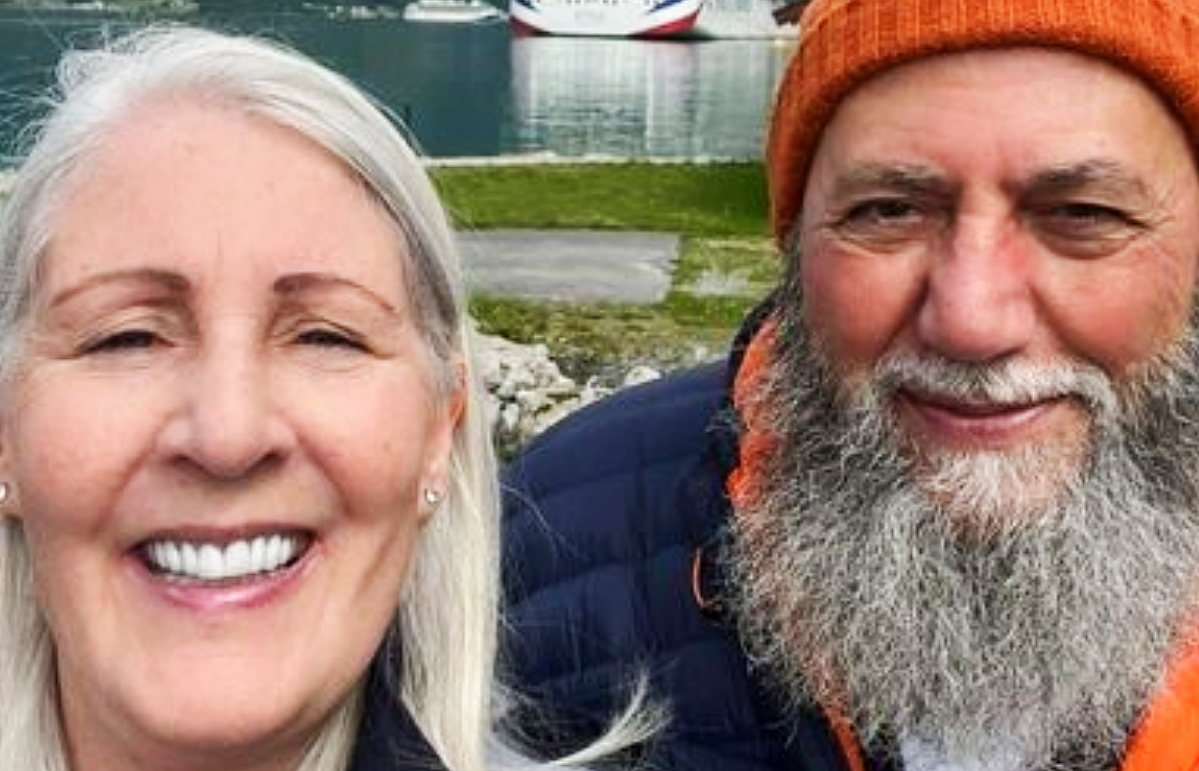 Handout
HandoutHowever, a spokesperson for Humza Yousaf said they understood Brits were not currently included.
Yousaf’s wife spoke with her mother Elizabeth El-Nakla on Wednesday morning. They remain trapped in Gaza “without clean drinking water, and rapidly diminishing supplies”.
“We welcome that the Rafah crossing looks set to be opened for a number of foreign nationals,” the spokesperson said.
“This is obviously a developing situation, but our understanding at this stage is that UK nationals are not at present included in this initial list of countries whose nationals can cross.
“The First Minister has been in contact with the foreign secretary this morning. We continue to liaise with the UK Government and urge them to work with the Egyptian authorities so that all UK nationals can urgently leave Gaza as quickly as possible.”

It comes as Israel claimed responsibility for an airstrike that struck a Gaza refugee camp killing dozens of people and injuring hundreds more.
The exact number of casualties is not clear; however, reports from one doctor within Gaza City claimed hundreds were killed and wounded in the attack.
The First Minister condemned the bombing.
“I am sorry to those innocent men, women and children in Jabalia Refugee Camp that the world could not protect you,” he wrote on X, formerly Twitter.
“This blatant disregard for human life must be condemned unequivocally.
I am sorry to those innocent men, women and children in Jabalia Refugee Camp that the world could not protect you.
— Humza Yousaf (@HumzaYousaf) October 31, 2023
This blatant disregard for human life must be condemned unequivocally.
Do not let any more children die. We need an immediate ceasefire, nothing less.#Jabalia pic.twitter.com/ujNdNlxE5f
“Do not let any more children die. We need an immediate ceasefire, nothing less.”
Three countries in the Middle East, Qatar, Saudi Arabia and the United Arab Emirates (UAE), have all issued statements shortly after the attack to condemn Israel and its leader, Benjamin Netanyahu, for attacking the camp.
Qatar described the strike as “a new massacre against the defenceless Palestinian people, especially women and children”, which is “a dangerous escalation in the course of confrontations”.
Saudi Arabia echoed Qatar’s sentiments, condemning its neighbouring nation of Israel in “the strongest terms” for its “inhumane … targeting of Jabaliya camp”.
The nation added: “The dangerous humanitarian conditions resulting from the continuous escalation cannot be justified at all, and sparing blood, protecting civilians, and stopping military operations are urgent priorities.”
The UAE issued its own stern diplomatic warning to Israel after only having normalised relations in 2020 after decades of historic mistrust and tension.
The Arab nation said: “Indiscriminate attacks will result in irreparable ramifications in the region.”
As per the United Nations Relief Works Agency for Palestine, there are 116,011 refugees registered as living in the camp as of 2023.
That number, however, is expected to be higher as many of those who live there may not be registered with the UN agency.
Taking responsibility for the strike on the refugee camp, Israel Defence Forces (IDF) spokesperson, Lt. Col. Richard Hecht, told CNN a Hamas commander was the target, but that he was “hiding, as they do, behind civilians.”
He described the loss of civilian life at the camp as “the tragedy of war,” and reiterated the call for civilians to evacuate the north of the Strip.
Mr Hecht said the Hamas commander who was the target of the strike “killed many Israelis.”
“It’s a very complicated battle space,” Mr Hecht said of the area the IDF struck. “There could be infrastructure there, tunnels there. We’re looking into it and (will) give you more data as the hour moves ahead.”
Follow STV News on WhatsApp
Scan the QR code on your mobile device for all the latest news from around the country


